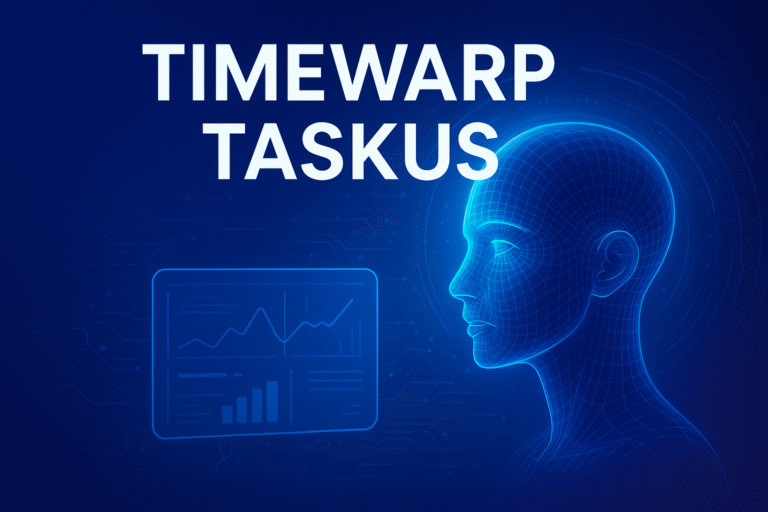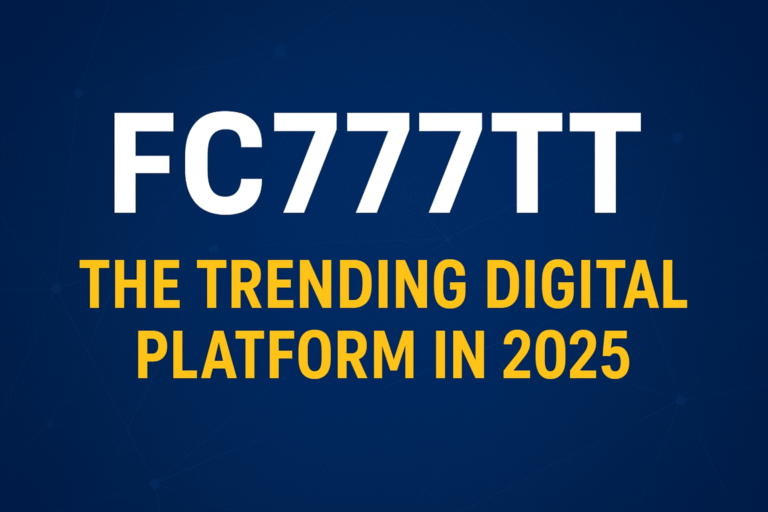In today’s rapidly evolving digital landscape, two career paths have gained immense popularity: Cyber Security vs. Data Science. Both fields are highly rewarding, in demand, and essential for modern organizations. However, deciding which one is right for you depends on your skills, interests, and long-term goals. While cyber security focuses on protecting digital assets from threats, data science emphasizes extracting valuable insights from vast amounts of data. This article provides a detailed comparison between cyber security and data science to help you make an informed career choice.
Exploring the Core Differences Between the Two Fields
Understanding the unique characteristics of Cyber Security vs. Data Science is crucial before making a career decision. Although both fields rely heavily on technology and analytical skills, their objectives, responsibilities, and required expertise vary significantly.
What is Cyber Security?
Cyber security is the practice of defending systems, networks, and data from cyber threats such as hacking, malware, and phishing attacks. Professionals in this field work tirelessly to prevent breaches and protect sensitive information.
Key Responsibilities of Cybersecurity Professionals
- Identifying vulnerabilities in computer systems and networks.
- Implementing security protocols and firewalls.
- Monitoring systems for suspicious activities.
- Developing strategies to mitigate cyber threats.
- Ensuring compliance with data protection laws and regulations.
For more advanced strategies, check our detailed Cybersecurity Playbook to stay ahead in this field.
What is Data Science?
Data science is the process of analyzing and interpreting complex datasets to help businesses make informed decisions. It combines statistical analysis, machine learning, and data visualization to uncover hidden patterns and trends.
Core Responsibilities of Data Scientists
- Collecting and cleaning large volumes of data.
- Developing algorithms to predict future trends.
- Using visualization tools to present insights clearly.
- Collaborating with stakeholders to improve decision-making.
- Optimizing business processes using data-driven strategies.
To explore more about this field, visit our comprehensive guide on Data Science.
Skills Required for Success
Both cyber security and data science demand specific technical and soft skills. While some skills overlap, there are unique competencies needed for each path.
Essential Skills for Cybersecurity Experts
- Proficiency in network security and cryptography.
- Knowledge of ethical hacking and penetration testing.
- Understanding of risk assessment and threat modeling.
- Problem-solving and analytical thinking.
- Familiarity with Types of Network Security Services.
Key Skills for Data Scientists
- Strong foundation in statistics and mathematics.
- Expertise in programming languages like Python and R.
- Proficiency in data visualization tools like Tableau or Power BI.
- Machine learning and AI modeling techniques.
- Ability to translate data into actionable insights.
Career Opportunities and Job Roles
When considering Cyber Security vs. Data Science, job prospects play a vital role. Both fields offer diverse roles, but the focus and growth trajectory differ.
Cybersecurity Career Paths
- Cybersecurity Analyst
- Penetration Tester
- Security Engineer
- Incident Response Specialist
- Chief Information Security Officer (CISO)
Data Science Career Paths
- Data Analyst
- Machine Learning Engineer
- Data Engineer
- Business Intelligence Analyst
- Chief Data Officer (CDO)
Comparing Salaries and Market Demand
The demand for both cybersecurity and data science professionals continues to grow. However, salary ranges vary depending on expertise, experience, and industry.
| Aspect | Cyber Security | Data Science |
|---|---|---|
| Average Entry-Level Salary | $70,000 – $85,000 annually | $75,000 – $90,000 annually |
| Mid-Level Salary | $95,000 – $120,000 annually | $100,000 – $130,000 annually |
| Top Industries | Finance, Government, IT, Healthcare | E-commerce, Finance, Technology, Retail |
| Job Growth (2025 Forecast) | 33% growth rate | 35% growth rate |
| Work Focus | Protecting systems and networks | Analyzing and interpreting data |
Educational Pathways
Choosing the right educational route is essential when comparing Cyber Security vs. Data Science. Each field requires specific degrees and certifications to stand out.
Cybersecurity Education and Certifications
- Bachelor’s degree in Computer Science, Information Technology, or related field.
- Certifications like CEH, CISSP, and CompTIA Security+.
- Advanced degrees for leadership roles such as Master’s in Cybersecurity.
Data Science Education and Certifications
- Bachelor’s degree in Statistics, Mathematics, or Computer Science.
- Certifications in Data Analytics, Machine Learning, and AI.
- Master’s or Ph.D. for advanced data science research roles.
Work-Life Balance and Job Satisfaction
Work-life balance is another critical factor in the decision-making process. Cybersecurity professionals often work in high-pressure environments, especially during incidents. On the other hand, data scientists generally enjoy flexible work hours, though project deadlines can be intense.
Cybersecurity Lifestyle
Due to the nature of cyber threats, cybersecurity experts may need to be on-call, especially during emergencies. However, the excitement and sense of responsibility make this career rewarding.
Data Science Lifestyle
Data scientists usually work regular business hours with occasional peaks during critical project phases. They enjoy a structured workflow, making it easier to maintain balance.
Future Trends and Opportunities
The future looks bright for both cybersecurity and data science. Emerging technologies like artificial intelligence, blockchain, and quantum computing will continue to influence both domains.
Cybersecurity Trends
- AI-driven threat detection systems.
- Cloud security advancements.
- Increased focus on IoT security.
Data Science Trends
- Greater use of deep learning and neural networks.
- Automated data processing pipelines.
- Integration with business intelligence platforms.
Conclusion
Deciding between Cyber Security vs. Data Science depends on your career aspirations and interests. If you are passionate about defending digital infrastructure and enjoy solving security challenges, cybersecurity might be the right path. Conversely, if you love working with data, uncovering trends, and driving business decisions, data science is a great choice. Both careers offer excellent growth potential, high salaries, and the opportunity to make a significant impact. By evaluating the skills, job roles, and trends discussed in this article, you can confidently choose a career that aligns with your goals and the ever-evolving tech landscape.



